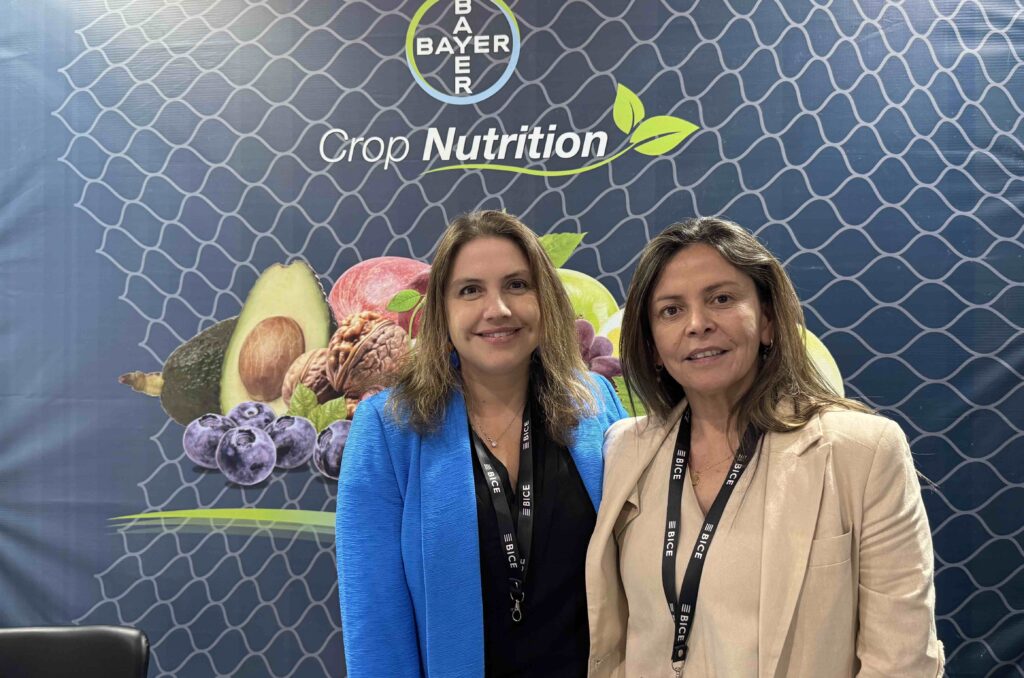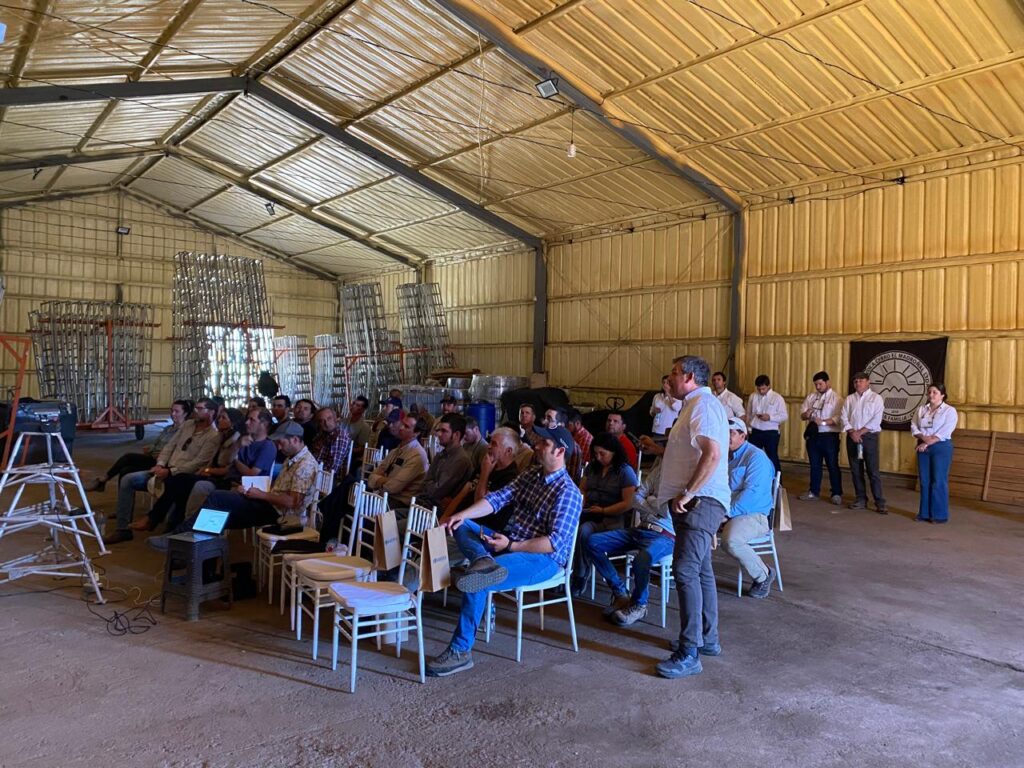In recent years, the growing shortage and high price of fertilizers has triggered an active search for substitute products by producers. In this context, discoveries derived from biotechnology have helped to replace these supplements.
The ups and downs of the market, and what many call the perfect storm (rising oil prices + Ukraine-Russia war + rising dollar), have caused one of the most important products for agriculture, such as fertilizers, to experience increases of up to 500 percent. To this must be added the logistics crisis. Thus, farmers have been forced to look for supplements to compensate for this highly sought-after product. The solution? Biotechnology applied to the land.
But what is biotechnology adapted to the field of agriculture? It refers to techniques that use living organisms or substances obtained from these organisms to create and/or modify a product for practical and beneficial purposes for our soils and crops. Among the benefits that can be obtained, those that impact on a productive level stand out. Some examples are resistance to pests and diseases, greater tolerance to water stress, greater resistance to herbicides, greater metabolic activity, greater absorption of nutrients, among others.
The use of biotechnological products has made it possible to partially replace traditional nutrient sources and also to biostimulate crops with products with a lower environmental impact that allow mitigating negative externalities within a concept of biosustainable development. Today, the use of these elements has contributed to minimizing farmers' losses and supplementing the contributions of fertilizers.
In this line, AMecological has been promoting biosustainable development in Chile for 15 years with widely tested biotechnological tools. Its biofertilizers are focused on increasing the profitability and sustainability of agricultural production based on the use of biological inoculants: formulations of microbe and fungal species that act to improve the nutritional status of the soil as well as enhance the capacity of water and nutrient absorption by crops. Biofertilizers are used by both conventional producers who wish to improve their yields while farming in a more sustainable way, as well as by organic producers.
Biotechnological solution: Nitrogen-fixing bacteria.
Every AMecological product is tested and proven in the lab and in the fields. The various studies, field trials and large-scale commercial applications conducted over the years have validated the quality and effectiveness of their products.
An example of this is the work carried out in southern Chile, which included applications of TWIN N® in both grasslands and corn crops, both primarily intended for animal feed, with the aim of replacing a proportion of mineral nitrogen fertilization with this biofertilizer.
TWIN N® contains nitrogen-fixing bacteria in its formulation, which provide ammoniacal nitrogen to the crop, replacing urea as a nutritional source. This strategy is an alternative that allows reducing CO2 emissions, with a safer environmental profile, without the risk of nitrate leaching, contamination of groundwater, soil acidification and volatilization.










